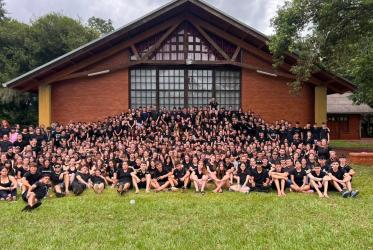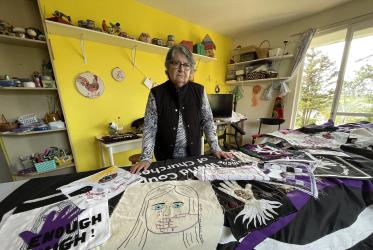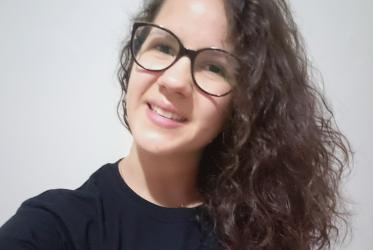Displaying 1 - 17 of 17
COVID-19 in conflict zones: “a crisis within another crisis”
27 November 2020
Larissa Aguiar Garcia: "We're opening a safe space”
26 September 2019
Larissa Aguiar Garcia: «Nous ouvrons un espace sûr»
26 September 2019
WCC calls for peace in Colombia
09 February 2018
In Argentina, stirring journey for human rights continues
01 September 2017
En Argentine, l’aventure agitée des droits de la personne se poursuit
01 September 2017
A safe space for sinners to change and for pain to be shared
03 August 2017






